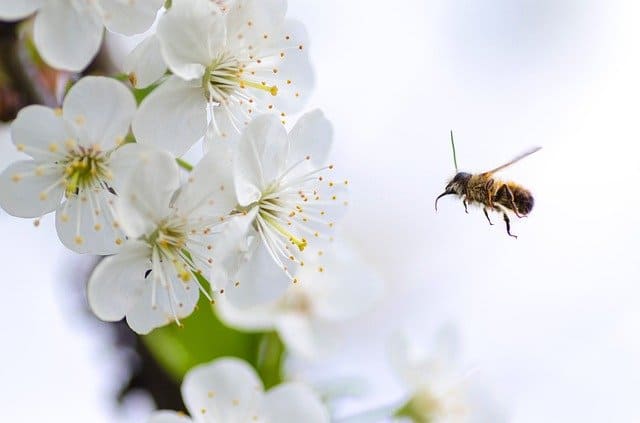Spring Allergies and Your Hearing
In Memphis, we get to enjoy early springs and long summers compared to our northern neighbors. But with all the flowers in bloom, springtime can be really rough for people with spring allergies.
I’ve had people come into my office who moved to our area from other states and say they never knew they had allergies until they moved here. It’s time we take a moment to talk about spring allergies and your hearing.
What Causes Spring Allergies?
You already know it has something to do with that high pollen count. But what’s really happening in your body?
When your body feels overwhelmed by invading particles, like the onslaught of flower and tree pollen that dusts our cars each year, it produces antibodies that release histamines. Histamines are a natural chemical that causes sneezing, coughing, runny nose, eye watering, and hives in an effort to flush the invader out. Unfortunately, for some of us, this response is overkill.
Spring allergies are mostly harmless, but they’re miserable for those who have bad ones. They can also cause problems with hearing.
How Do Spring Allergies Impact Hearing?
The body is producing all kinds of extra mucous during an allergy attack, even places you can’t see. This can include inside your ears. This can cause what is known as conductive hearing loss.
Conductive hearing loss is when something is blocking the sound from traveling to or through the eardrum. Your hearing may suddenly sound muffled and voices may be hard to understand. Your ears may also feel full, achy, and itchy. Conductive hearing loss can be temporary. Once the cause of the hearing loss is medically treated, your hearing should return to normal.
Usually, fluid or wax build-up is to blame.
But remember, cotton swabs only push wax further into the ear. The ears naturally expel wax when left alone. Once it’s on the outside, you can just wipe it off.
Hearing blockages can happen in three primary locations:
- Outer ear – The outer canal may get itchy, causing you to scratch so that it swells up with excess fluid. The best protection from this is to leave your ear wax there to do its job, which is keeping pollen out.
- Middle ear – The Eustachian tubes in your middle ear normally drain fluid out of the ear. But they may be overwhelmed by all the extra mucous caused by spring allergies. You may develop an ear infection.
- Inner ear – The excess fluid building up in the middle ear can put pressure on your eardrum and fluid imbalance in the ear, possibly leading to vertigo (extreme dizziness) or an eardrum rupture.
Conductive hearing loss can also make wearing a hearing aid less comfortable, and it may seem like the hearing aid isn’t working. Clean them more often during the spring can help.
What to Do If You Experience Allergy-related Hearing Loss
You may need to work with your healthcare provider to help manage your allergies. If hearing loss during allergy season is impacting your ability to function, or it lasts after the allergy symptoms have cleared up, it’s best to get your hearing checked.
If you’re having trouble with your hearing aids during the spring months, then come see me to see what we can do to improve it.
If you’re not hearing as well as you were before, please contact my office to schedule an appointment, and we’ll see what we can do to improve your hearing.



